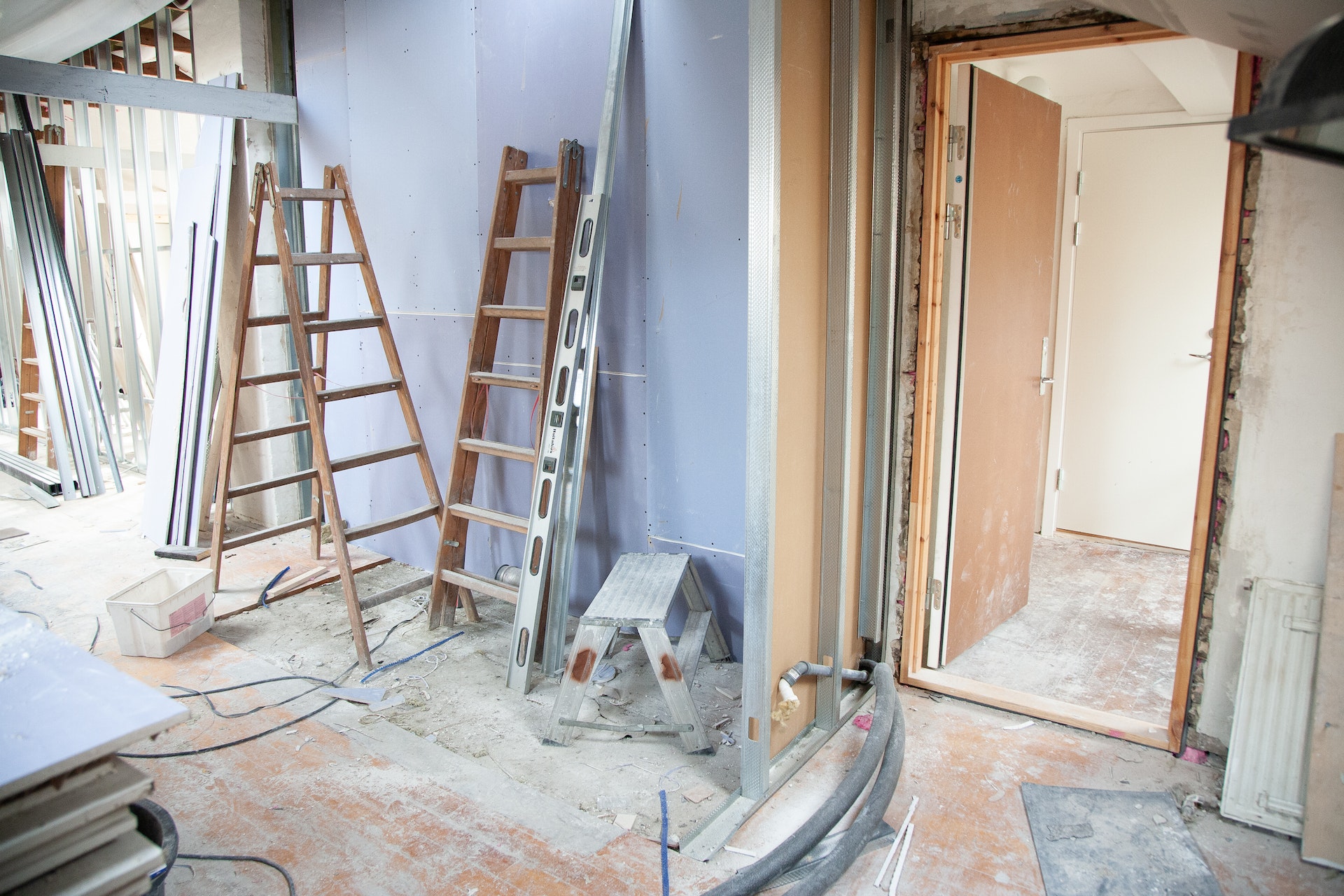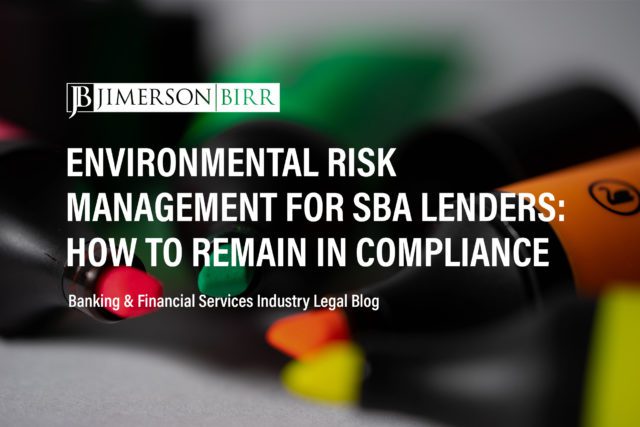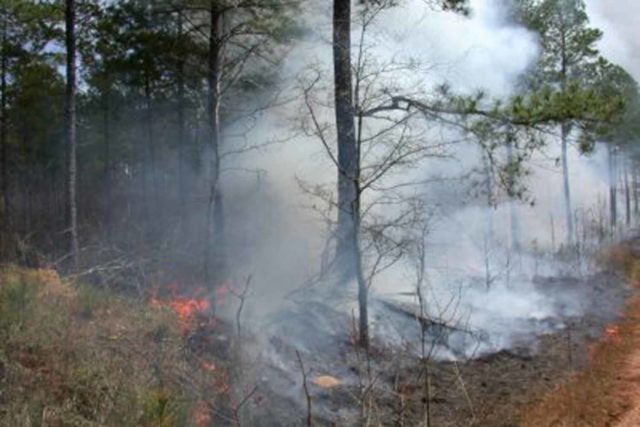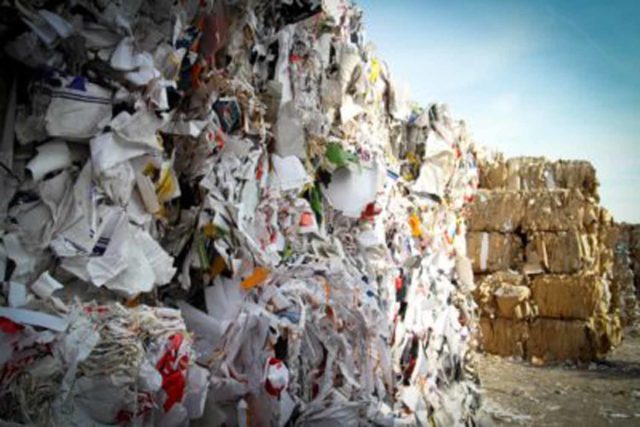What do asbestos assessment and abatement entail?
Asbestos assessment and abatement is a crucial aspect of environmental law in Florida. It involves identifying, evaluating, and managing asbestos-containing materials (ACMs) to mitigate health risks associated with asbestos exposure. In Florida, asbestos abatement projects are overseen by the Florida Department of Environmental Protection (FDEP) and regulated under the National Emission Standards for Hazardous Air Pollutants (NESHAP) by the US Environmental Protection Agency (EPA).
One example of asbestos assessment and abatement in Florida is the requirement to inspect buildings for the presence of asbestos before demolition or renovation. Under the NESHAP, building owners or operators must conduct a thorough inspection to identify ACMs before commencing such activities. In addition, ACMs must be handled and disposed of in compliance with federal and state regulations to minimize the release of asbestos fibers into the air.
Need help regarding environmental due diligence, permitting, mitigation, or compliance? Schedule your consultation today with a top environmental law attorney.
In Florida, which laws and regulations apply to asbestos assessment and abatement?
State and federal laws and regulations govern Florida’s asbestos assessment and abatement. At the federal level, the EPA enforces regulations under the NESHAP (40 CFR Part 61, Subpart M) and the Asbestos Hazard Emergency Response Act to protect public health and the environment from asbestos exposure.
Key Florida regulations include the Florida Administrative Code (FAC.) In addition, chapter 62-257 establishes criteria for the management of asbestos-containing materials and Florida Statutes § 469.001-469.013, which regulate asbestos consultants and contractors.
In addition, local agencies in Florida, such as county health departments and air pollution control districts, may have their own rules and regulations for asbestos assessment and abatement. These local requirements can vary and must be considered alongside state and federal regulations when undertaking asbestos-related work in Florida.
What are common issues regarding asbestos assessment and abatement that lead to litigation?
The following issues are among the most common in actions regarding asbestos assessment and abatement in environmental law matters:
- Failure to inspect for asbestos: Building owners or operators may be held liable for neglecting to thoroughly inspect asbestos-containing materials (ACMs) before demolition or renovation, as required by NESHAP and Florida state regulations.
- Improper handling and disposal: Noncompliance with federal and state regulations regarding ACMs can lead to legal disputes, fines, and penalties.
- Inadequate training and certification: Employing unlicensed or uncertified asbestos abatement contractors and consultants may result in liability for building owners or operators if the work performed is substandard or violates regulations.
- Failure to disclose asbestos presence: Real estate sellers, landlords, or property managers may face litigation if they fail to reveal the presence of asbestos materials to buyers or tenants, as required by Florida’s Asbestos and Silica Compensation Fairness Act.
- Personal injury claims: Individuals exposed to asbestos fibers may bring personal injury lawsuits against property owners, manufacturers, or other responsible parties, seeking compensation for medical expenses, lost wages, and pain and suffering.
When a set of facts is appropriate for legal intervention, there are many paths a claimant may take. We are value-based attorneys at Jimerson Birr, which means we look at each action with our clients from the point of view of costs and benefits while reducing liability. Then, based on our client’s objectives, we chart a path to seek appropriate remedies.
To determine whether your unique situation may necessitate litigation, please contact our office to set up your initial consultation.
What claims about asbestos assessment and abatement do plaintiffs generally bring to court, and what are common legal defenses to those claims?
Plaintiffs typically bring the following claims related to asbestos assessment and abatement:
- Negligence: Failure to exercise reasonable care in inspecting, managing, or removing asbestos materials, leading to property damage or personal injury.
- Breach of contract: Failure to fulfill contractual obligations related to asbestos assessment, abatement, or disclosure.
- Strict liability: Liability for manufacturing or distributing asbestos-containing products without regard to fault or negligence.
Common legal defenses against these claims include:
- Statute of limitations: Sometimes, a plaintiff’s claim is time-barred if not filed within the applicable statute of limitations period.
- Comparative negligence: In certain circumstances, a plaintiff’s negligence contributed to the asbestos exposure and resulting damages, potentially reducing the defendant’s liability.
- Lack of causation: Defendants may challenge the plaintiff’s claim by asserting that the plaintiff cannot prove a direct causal link between the defendant’s actions and the alleged damages or injuries.
- Compliance with regulations: Defendants may argue that they complied with all applicable federal and state regulations related to asbestos assessment and abatement, negating liability claims.
Please contact our office to set up your initial consultation to see what actions or defenses may be available for your unique situation.
What are effective measures to minimize the risk of litigation over asbestos assessment and abatement?
To successfully mitigate the risk of litigation over asbestos assessment and abatement in environmental law matters, consider the following measures:
- Conduct regular inspections: Perform thorough inspections for asbestos-containing materials (ACMs) in your building, as required by NESHAP and Florida state regulations, to identify and address potential asbestos issues.
- Hire licensed professionals: Ensure you employ licensed and certified asbestos abatement contractors and consultants to handle asbestos-related projects.
- Implement proper disposal procedures: Adhere to all federal and state regulations on the handling and disposing ACMs to avoid legal disputes, fines, and penalties.
- Maintain accurate records: Keep detailed documentation of all asbestos-related activities, including inspections, abatement work, and disposal methods, as proof of compliance with regulations and to demonstrate due diligence.
- Disclose asbestos presence: Inform buyers or tenants of asbestos materials in the property, as required by Florida’s Asbestos and Silica Compensation Fairness Act, to avoid potential legal issues.
Frequently Asked Questions
- What are the penalties for noncompliance with asbestos regulations in Florida?
Penalties for noncompliance with Florida and federal asbestos regulations can range from fines to imprisonment, depending on the severity of the violation. For example, the Florida Department of Environmental Protection (DEP) may impose penalties of up to $10,000 per day for each violation of state asbestos regulations.
- How can I determine if my property contains asbestos?
To determine if your property contains asbestos, hire a licensed and certified asbestos inspector to conduct a thorough inspection. The inspector will collect samples of suspect materials and send them to a laboratory for analysis to confirm the presence of asbestos.
- Can I remove asbestos-containing materials myself?
It is highly discouraged to remove asbestos-containing materials yourself, as improper handling and disposal can release harmful asbestos fibers into the air. Instead, you should hire a licensed and certified asbestos abatement contractor to remove the materials safely and comply with state and federal regulations.
Have more questions about an environmental law-related situation?
Crucially, this overview of asbestos assessment and abatement does not begin to cover all the laws implicated by this issue or the factors that may compel the application of such laws. Every case is unique, and the laws can produce different outcomes depending on the individual circumstances.
Jimerson Birr attorneys guide our clients to help make informed decisions while ensuring their rights are respected and protected. Our lawyers are highly trained and experienced in the nuances of the law, so they can accurately interpret statutes and case law and holistically prepare individuals or companies for their legal endeavors. Through this intense personal investment and advocacy, our lawyers will help resolve the issue’s complicated legal problems efficiently and effectively.
Having a Jimerson Birr attorney on your side means securing a team of seasoned, multi-dimensional, cross-functional legal professionals. Whether it is a transaction, an operational issue, a regulatory challenge, or a contested legal predicament that may require court intervention, we remain tireless advocates at every step. Being a value-added law firm means putting the client at the forefront of everything we do. We use our experience to help our clients navigate even the most complex problems and come out the other side triumphant.
If you want to understand your case, the merits of your claim or defense, potential monetary awards, or the amount of exposure you face, you should speak with a qualified Jimerson Birr lawyer. Our experienced team of attorneys is here to help. Call Jimerson Birr at (904) 389-0050 or use the contact form to schedule a consultation.

We live by our 7 Superior Service Commitments
- Conferring Client-Defined Value
- Efficient and Cost-Effective
- Accessibility
- Delivering an Experience While Delivering Results
- Meaningful and Enduring Partnership
- Exceptional Communication Based Upon Listening
- Accountability to Goals











